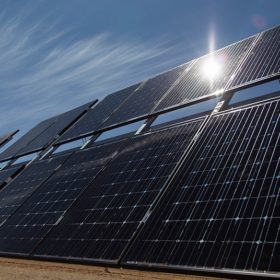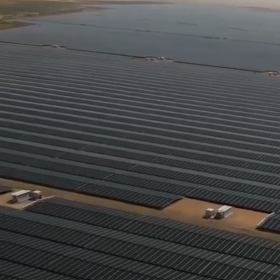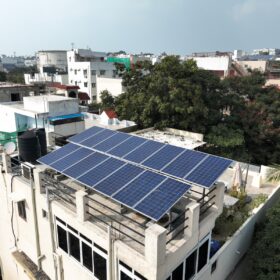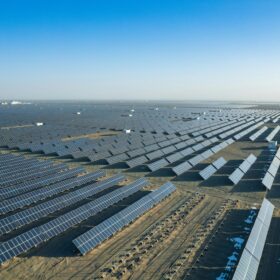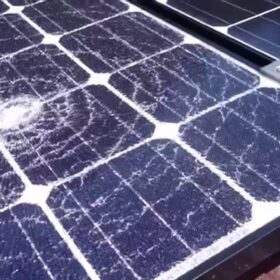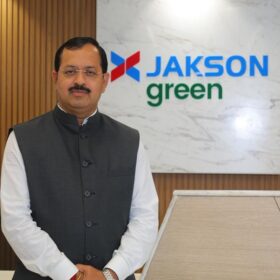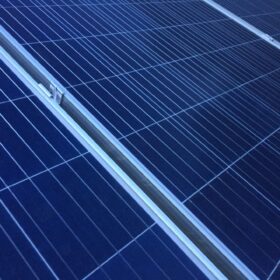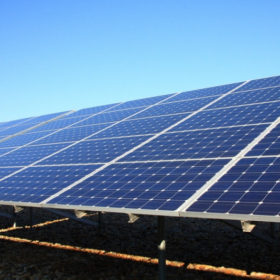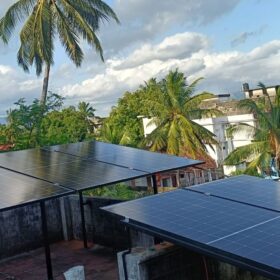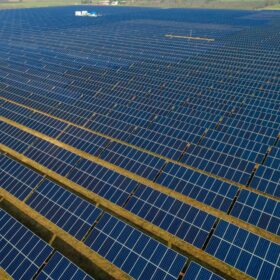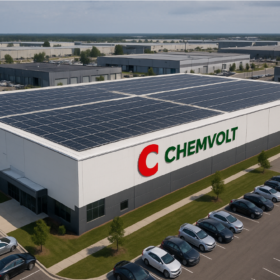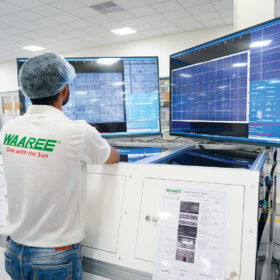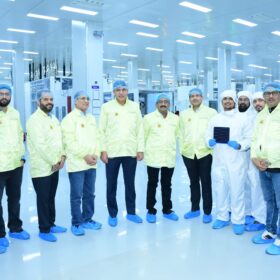Inox Green enters into 625 MWp solar O&M agreement with KEC
Inox Green Energy Services Ltd has secured a Letter of Award (LoA) from KEC International Ltd (KEC) to provide operations and maintenance services for a 625 MWp solar project at Bhadla, Rajasthan.
Sterling and Wilson Renewable Energy revises FY26 order inflow guidance to over INR 11,000 crore
New orders of INR 3,086 crore in Q3 and a robust pipeline for Q4 gives the company the confidence to revise its order booking guidance to over INR 11,000 crore this fiscal.
Toshiba to deploy AI-driven monitoring system at 165 power plants in India
Toshiba JSW Power Systems has secured a contract with NTPC Ltd—India’s state-owned power generation company—to provide a centralized monitoring system for 165 thermal and renewable energy power plants.
Solar power during monsoons: Busting the myth
Solar panels typically experience only a 10-20% reduction in output during monsoons, not a complete shutdown. The reason is simple: modern panels efficiently capture diffused light, converting scattered sunlight even on cloudy days.
Sterling and Wilson Renewable Energy Q1 revenue rises 93% YoY to INR 1,762 crore
Sterling and Wilson Renewable Energy has reported a revenue of INR 1,762 crore for the first quarter of FY 2026, marking a robust 93% year-on-year growth from INR 915 crore in Q1 FY 2025. Net profit increased to INR 39 crore compared to Q1 FY 2025 PAT of INR 5 crore.
Understanding P50, P90, and P99 in solar energy
In the solar energy sector, P50, P90, and P99 represent the probability that a project will generate at least a certain amount of electricity in a given year. This article explains what these probabilities mean, why they are important, how they are calculated, and how to use them.
Solar risks: Hail, AI error, wildfire, and more
Hail damage remains a top risk to large-scale solar assets in USA, according to an annual report from kWh Analytics.
Jakson Green hits 5 GWp of solar O&M portfolio
Jakson Green Renewables, the asset management arm of Jakson Green, has secured an additional 1 GWp in solar operation and maintenance (O&M) contracts, pushing its total O&M portfolio to an impressive 5 GWp.
Inox Green secures O&M contract for 639 MWp of solar projects
Inox Green Energy Services announced it has signed agreements to provide operation and maintenance (O&M) services for 639 MWp of solar projects owned by one of India’s leading renewable energy companies.
How AI is optimizing solar plant efficiency
Artificial intelligence (AI) is changing the world of solar energy as it allows plants to monitor, learn and adapt in real time. Given enormous data collected from several sensors, smart meters, drones, and even weather stations, AI systems utilize machine machine learning algorithms to optimize performance, predict problems and even detect patterns.
